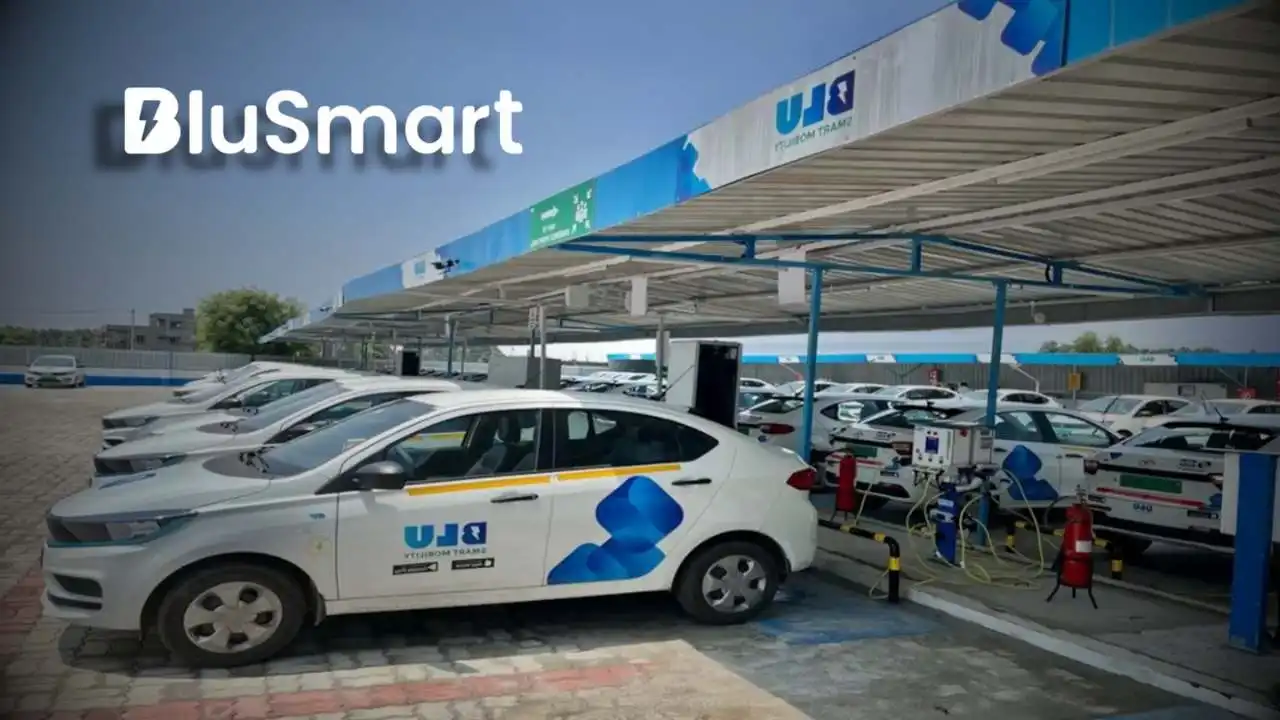Evera Cabs, a growing Delhi-based electric taxi startup, has taken a bold step to expand its fleet by proposing to lease 1,000 electric vehicles from BluSmart, a company currently facing financial distress. BluSmart’s EVs, originally financed and leased through Gensol Engineering, have been caught up in insolvency proceedings. Evera’s proposal has been submitted to the interim resolution professional and the committee of creditors, who will decide whether this leasing plan offers the best way to manage the stranded assets.
Leasing as a Smart Alternative
Instead of purchasing the vehicles outright, Evera’s strategy focuses on leasing. Leasing allows the startup to use the cars by paying a regular fee while avoiding the upfront costs of ownership. This approach ensures the vehicles remain in operation, reducing the risk of value depreciation due to idling or poor maintenance. For lenders and creditors involved in BluSmart’s financing, a leasing arrangement provides a way to recover some returns while the vehicles continue to generate revenue. This model also prevents the EVs from sitting idle, which can negatively impact their long-term value and operational efficiency.
Stakeholders and Their Role
The proposal involves several key stakeholders, including the interim resolution professional overseeing Gensol Engineering’s insolvency and the committee of creditors responsible for evaluating the best possible outcome for the lenders. Major public sector lenders, who financed the EVs, are keen to ensure that their investments are recovered in a structured manner. Evera’s leasing plan is being carefully examined against other possible solutions, such as outright sale of the EVs or alternative bids. The final decision will weigh the potential financial returns, operational feasibility, and long-term benefits for all parties involved.
Benefits for Evera and the EV Ecosystem
If approved, the lease will provide Evera with immediate access to a significant number of electric vehicles, allowing the startup to expand its ride-hailing services rapidly. This growth can help Evera serve more customers, increase revenue, and strengthen its position in the competitive electric mobility market. For lenders and creditors, leasing ensures a steady stream of returns, minimizing losses from unused assets. Additionally, this move promotes the continued use of electric vehicles, supporting sustainability and the broader adoption of clean mobility solutions. The arrangement could also set a precedent for how stranded assets in the EV sector can be efficiently utilized.
Challenges and the Road Ahead
Despite its advantages, the leasing plan comes with challenges. Approval from the interim resolution professional and the committee of creditors is not guaranteed, and legal complexities around lease rights may create delays. Some vehicles may require maintenance or repairs before being put into operation, which could impact profitability. Nevertheless, if executed successfully, Evera’s initiative could demonstrate how startups can strategically leverage existing assets to grow while helping lenders recover value. The outcome of this proposal will be closely watched by the EV and startup ecosystem, as it highlights innovative approaches to managing financial distress in a rapidly evolving industry.
Evera Cabs’ plan to lease 1,000 BluSmart vehicles represents a calculated move to expand its footprint, support sustainable mobility, and offer lenders a practical solution to a complex insolvency scenario. The next few weeks will be crucial as stakeholders assess whether this approach will become a model for future EV asset management in India.
